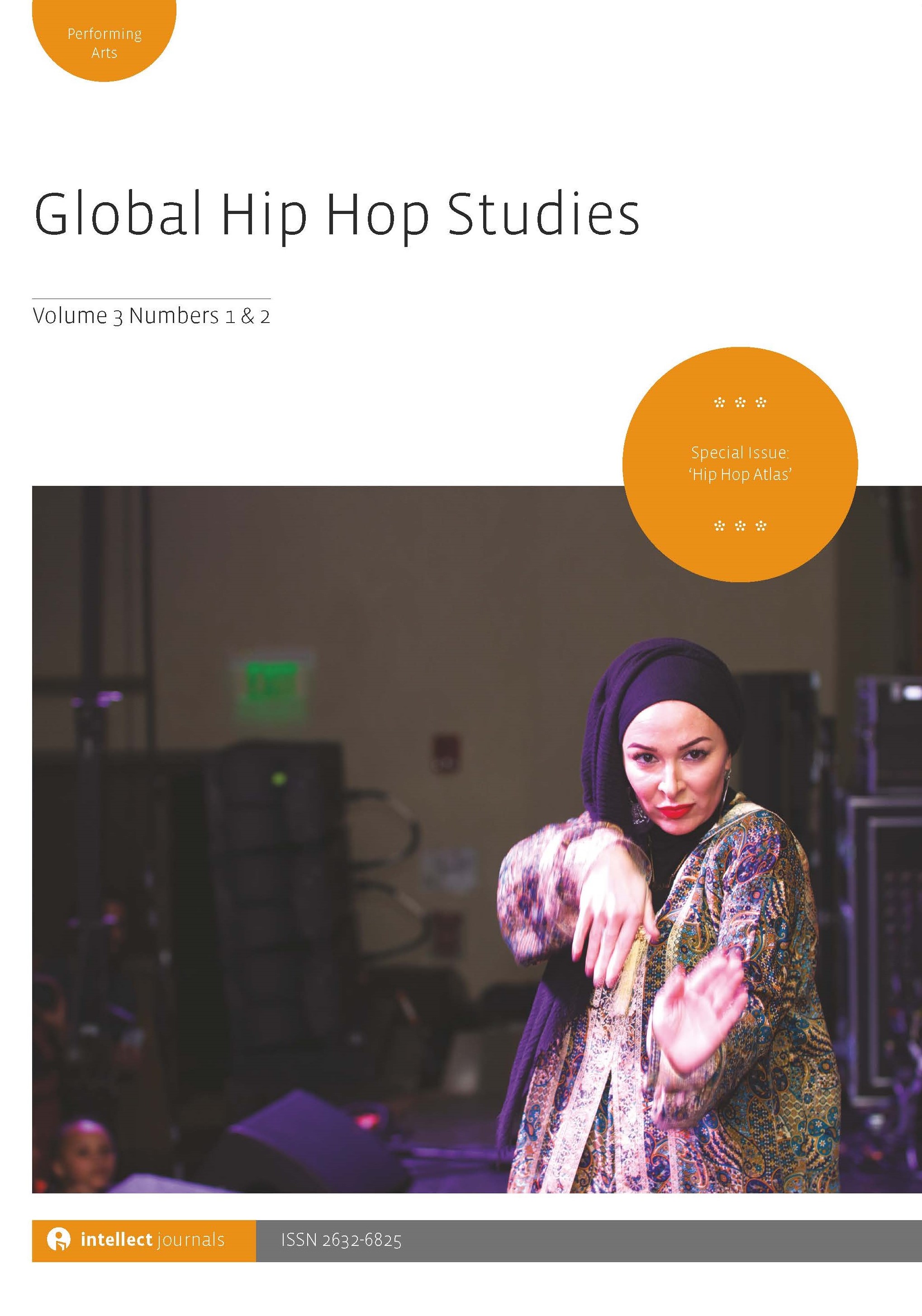-
oa Ghana
- Source: Global Hip Hop Studies, Volume 3, Issue 1-2: Hip Hop Atlas, Dec 2022, p. 65 - 72
-
- 12 Jun 2022
- 01 Feb 2023
- 20 Dec 2023
Abstract
Among African countries where hip hop has a strong presence, Ghana is an interesting case study in the relationship between hip hop and afrobeats. Ghana has benefitted from the popularity of afrobeats, with several Ghanaian artists releasing collaborations with international artists. Many Ghanaian hip hop artists have also been helped by the relationship between Ghana and the African diaspora and leveraged that relationship into a successful rap career. An examination of hip hop in Ghana requires a consideration of genre classification in a music scene where hip hop and afrobeats often intersect. It also requires a consideration of the historical relationship between Ghana and the African diaspora, which has been strengthened in the wake of the 2019 Year of Return. Ghana’s relationship to the African diaspora has influenced the development of music genres in the country. The arrival of hip hop in Ghana especially influenced the development of hiplife and then afrobeats. Ghanaian hip hop maintains its own identity, while at the same time sharing an identity with hiplife and afrobeats. Ghana is not the only country where hip hop and pop music share a close relationship, but one cannot study Ghanaian hip hop without also studying Ghanaian hiplife or afrobeats. Because of the close relationship between hip hop, hiplife and afrobeats, this contribution includes a discussion of the latter two, along with a discussion of the roles that genres play, both from a music standpoint and from a marketing standpoint.



